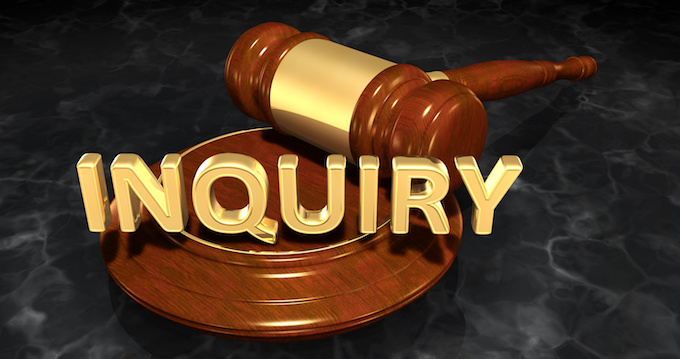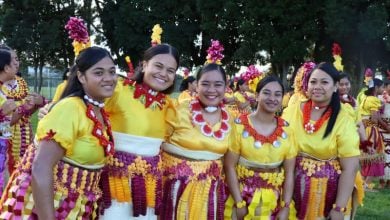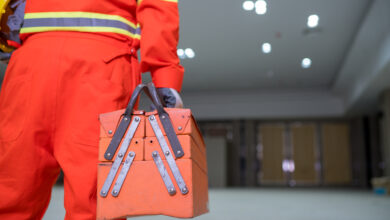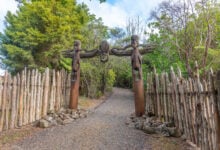Abuse survivors encouraged to speak as inquiry scope widens

Phil Pennington, RNZ Reporter
A victim of abuse by a Marist Brother says the expanded Royal Commission is the chance for him and many other Catholic old boys to speak up.
The government has after months of pressure expanded the inquiry into historical abuse to include faith-based institutions.
“We need to stand up and be counted because until today, it was looking really, really dire because we were just being isolated and silenced,” said Steve Goodlass, who was abused at St Bernard’s College in Lower Hutt in the 1980s.
“Suddenly what we’ve got is an opportunity to bring forward our stories – because there are a lot of us.”
He was abused by Marist Brother teacher Patrick Bignell in the 1980s, and speaks of at least one other clergyman there at the time who molested boys.
The 47-year-old father of four who runs cycle tours in Central Otago, could only watch as the courts in 2015 convicted his abuser for crimes against three other boys, while his own case could not be prosecuted.
He tried the church’s own ‘Path to Healing but found it sorely wanting, including the total absence of attempts to connect survivors so they could support each other.
“I was never satisfied with dealing with the church that there was true change going to be made.
“They really took an approach to isolate and to silence me, and other people as well. So the justice that we’ll get in being able to get our stories out there and for people to understand just how big a thing this is.”
He was trying to reach out through St Bernard’s informal Old Boys’ network, to get others to speak at the inquiry, to make sure this never happened again.
Mr Goodlass hoped the church was sincere in asking to be included in the commission, but also expressed scepticism: “I really hope the church isn’t getting behind this to try and shift the load on to the government”, citing examples in the US of dioceses declaring bankruptcy to avoid paying compensation.
Another survivor of clerical sex abuse as a child, Grant West, said it was “terrific” the commission had been expanded.
He had led a petition for a full inquiry from his home in Melbourne, as well as leading calls to boycott any inquiry that had a restricted scope.
“I’m lifting that boycott,” he told RNZ.
“I am going to return and give my evidence to the Royal Commission and I’ve heard from other people now that they are going to attend.”
The only sour note was that sports clubs and groups like scouts still were not covered, he said.
The President of the New Zealand Catholic Bishops Conference, Patrick Dunn, told Morning Report he welcomed his Church’s inclusion under the terms of the Royal Commission.
“We acknowledge that it is important for those who have experienced abuse to tell their story… and to be believed,” he said.
“We think it [the inquiry] is a good move” – Patrick Dunn duration 5:42 from Morning Report
Click a link to play audio (or right-click to download) in either
MP3 format or in OGG format.
However, the bishop questioned Mr Goodlass’ “perception” of being isolated by the Church.
“I was sorry to hear him say he had the experience of being isolated or silenced,” he said.
“That came as a bit of a surprise to me. I certainly think that’s regrettable if that did happen or if that’s his perception of what happened.”
He said he had no idea how many priests had been abusers in New Zealand and the extent of the abuse, but he said 7 percent of priests – the figure the Australian Royal Commission came to – “sounded rather high”.









